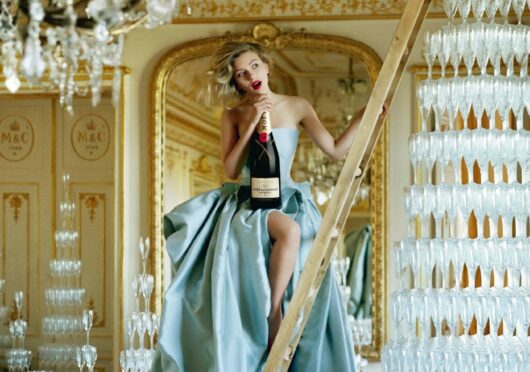
Lots of brave souls attempted Dry January, but I wonder how many actually succeeded.
I was chatting to a tee-total friend about what torture it must be and she was genuinely shocked. How much of a drink problem do all these people have, she wondered, if they find going without alcohol for only one month so difficult?
The thing is most of us who enjoy a drink would never consider ourselves to have a problem, but in Scotland we have normalised the use of alcohol to lubricate our social lives, our family gatherings or any celebration.
And we are paying the price for it. Alcohol costs the health service £267 million a year. Around 1,200 Scots died from drink-related issues last year with many thousands more dying from alcohol-related diseases. The statistics are horribly sobering.
Politicians are alive to the fact that something needs to be done, but what? The latest proposals by the Scottish Government to try and tackle the problem are currently the subject of a public consultation.
They want to curb the marketing and branding of alcohol. That would mean adverts on billboards and in newspapers and magazines would be banned and shops forced to hide drink.
The drinks industry says it will cost Scotland thousands of jobs and, as The Post reported last week, damage whisky tourism, which attracts huge numbers of visitors to the country.
Warning: Whisky tourism firms at risk if alcohol ad ban gets green light
The Association of Scottish Visitor Attractions chief executive Gordon Morrison warns the policy “would bring our whole tourism industry to its knees.” Last week leading drinks companies including Whyte & Mackay and Tennent’s joined forces to send an open letter to Nicola Sturgeon warning that the ban will harm the sector with “no clear evidence to justify such a move”.
It is an incredibly difficult and emotive issue. Alison Douglas, the chief executive of Alcohol Focus Scotland, wasn’t pulling any punches when she was defending the policy in the last few days. She was clear that it ruins lives and causes untold misery. And it’s the poorest in society who suffer the most.
Next time I interview her, I’d be interested to hear whether she believes the loss of jobs is a sacrifice we have to make for the greater good. Many campaigners think it is.
On Wednesday, the reality TV star Vicky Pattison was on Good Morning Britain talking about how difficult it was to watch her father struggle with the disease. “He’s a really lovely man, who just happened to be ill,” she said.
But it invariably had a profound effect on her childhood and has led to her having a complicated relationship with booze. That’s why she’s just become patron of the National Association of the Children of Alcoholics. The fact there is a need for such an organisation is heart breaking.
Having people like Pattison speaking out and trying to educate and enlighten us all about the dangers of alcohol is very powerful.
People don’t like being told what they can and cannot do by governments. Look at the initial outcry over the banning of cigarettes in public places back in 2006. Lobbyists told MSPS hundreds of pubs would close because Scots wouldn’t be able to enjoy a fag with their pint. That didn’t happen and it’s turned out to be the most significant piece of health legislation passed in Scotland.
I heard one caller on a phone- in programme the other day complaining bitterly about the nanny state, saying what will they come after next, our doughnuts? Well, why not. We have a massive obesity problem in this country that’s costing the NHS more than the fallout from the abuse of alcohol.
Yes, of course adults should be allowed to make their own choices, but when sugary treats are so widely and cheaply available it’s incredibly difficult to make good choices.
If I were queen of the world, and I would try to be a benign dictator, I’d ban all sweet treats. If we can’t eat sensibly, we obviously need a helping hand. We need the same level of debate about the dangers of terrible diets as we have about the dangers of drink. I mean why should we be able to eat ourselves to death with impunity?

Enjoy the convenience of having The Sunday Post delivered as a digital ePaper straight to your smartphone, tablet or computer.
Subscribe for only £5.49 a month and enjoy all the benefits of the printed paper as a digital replica.
Subscribe